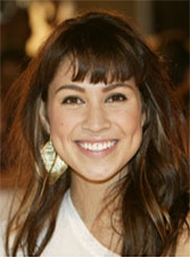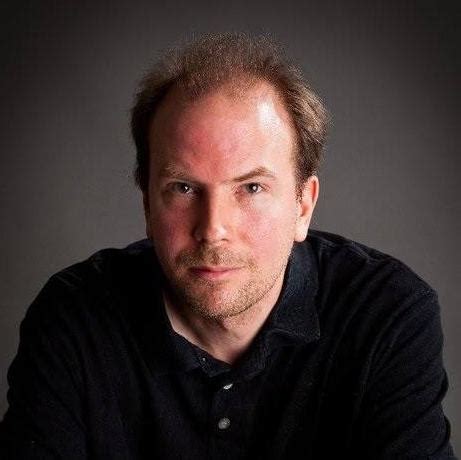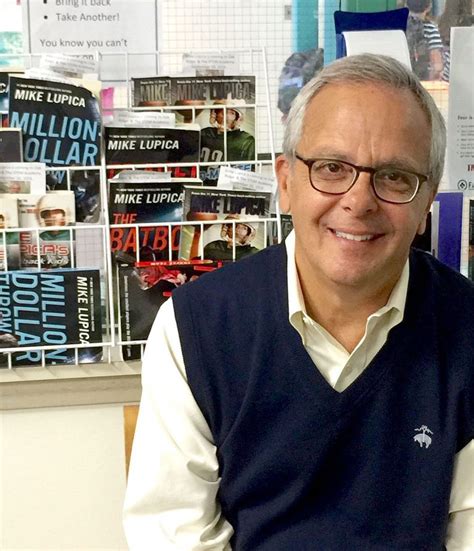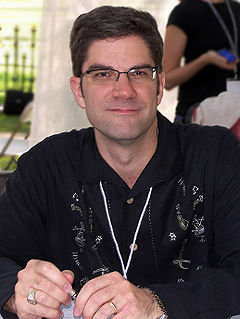A Quote by George Pelecanos
I can write any kind of novel I want, any time, and sell it, but there's not that many people watching it. Even a low-rated TV show is a couple million more people than read my books. You want to be read, in essence. If you're a television writer, you're a writer and you want people to read your stuff. You're still reaching a bigger audience, that way. That's a philosophical way to look at it.
Related Quotes
Everyone likes a bit of variety. I'm sure none of my readers only want to read about anti-heroes or villainous protagonists any more than they only want to read about square-jawed heroes doing the right thing. I just write characters than entertain me and hope they'll be ones that other people want to read about, too.
It's not possible to advise a young writer because every young writer is so different. You might say, "Read," but a writer can read too much and be paralyzed. Or, "Don't read, don't think, just write," and the result could be a mountain of drivel. If you're going to be a writer you'll probably take a lot of wrong turns and then one day just end up writing something you have to write, then getting it better and better just because you want it to be better, and even when you get old and think, "There must be something else people do," you won't be able to quit.
I'm not someone who has a list of great books I would read if I only had the time. If I want to read a particular so-called classic, I go ahead and read it. If I had more time, I would certainly read more, but I'd read the way I always do - that is, I'd read whatever happened to interest me, not necessarily classics.
No one forces me, or any other writer, to sell a film option on the books. If you don't want to run the risk that the filmmakers may adapt your work in a way you don't like, then you don't sell the option. You know when you sell it that they will have to make some changes, just because film and TV are different media than books.


































